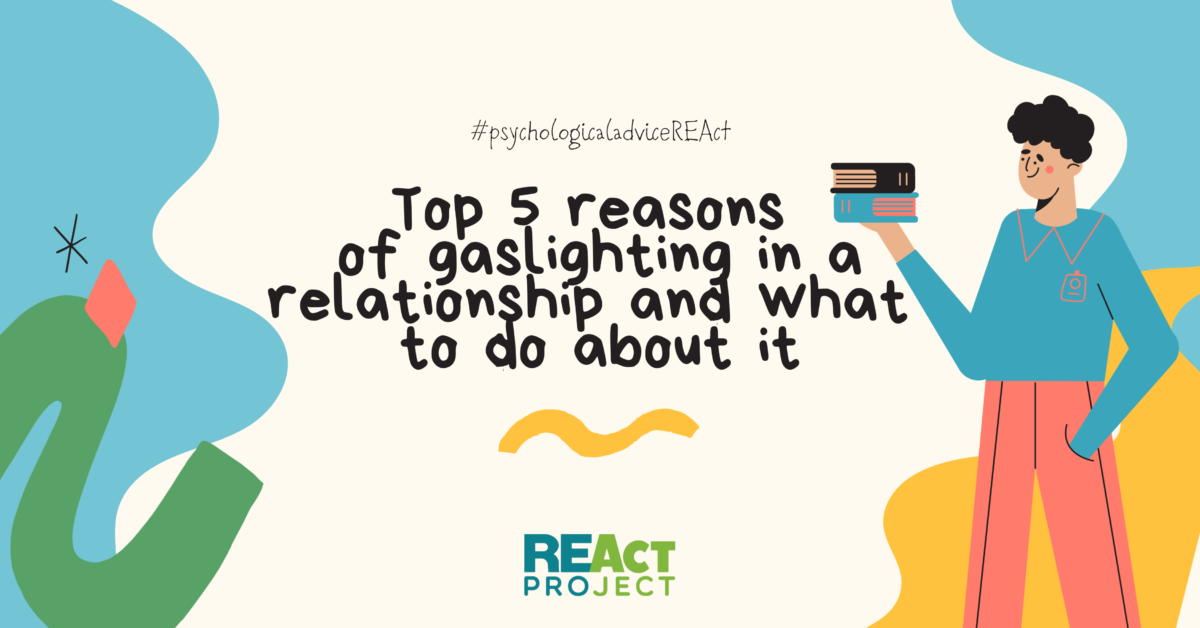Gaslighting is a manipulative behavior towards others; the purpose is to make a person doubt the adequacy of their perception of reality or the objectivity of what generally surrounds them.
Any person is susceptible to gaslighting. This technique is common for brutal dictators, narcissists, and cult leaders. They do this slowly, so the victim rarely knows what is happening.
Gaslighters can exist in the workplace, in politics, as well as in close or intimate relationships.
Unlike direct bullying, gaslighting can be subtle and insidious, intentional or not. In the same way, the intentions of gaslighting can be dictated by various motives.
Today, we suggest talking precisely about them.
Motive №1: The desire to avoid responsibility
One of the most common reasons for gaslighting is the desire to avoid responsibility. It can mean a person is not responsible for specific actions, such as infidelity or inappropriate or offensive behavior.
Motive №2: The desire of control
Another common reason for gaslighting is an attempt to control. A gaslighter wants the partner to behave in a certain way, to shape their behavior according to the gaslighter`s needs. This inevitably leads to limiting the person’s own needs, autonomy, and freedom.
Motive №3: Distrust
A gaslighter often totally distrusts other people, even close ones. This anxiety makes them try hard to control others and the circumstances. Such people fear losing control over their lives and use manipulative tactics to regain control.
Motive №4: The desire to win
A person may believe their value depends on whether they are in a dominant position. Therefore, they believe any methods of maintaining the dominant role in different or particular spheres of life are fully justified.
Motive №5: Learned behavior
For children who grow up with gaslighters, such behavior becomes routine, and they may not be aware of their actions. An understanding is formed that you need to manipulate other people to get what you want.
But what to do if you face gaslighting?
Gaslighting can unbalance you and make you feel confused, out of your mind, or crazy. However, gaslighters will not admit that they are doing this to you.
Here are some strategies that can help if you are a victim of gaslighting.
- Minimize contact with the person. Please don’t talk to them without necessity, and don’t go out for coffee.
- Do not believe what the person says
- If you respond or get angry, they will try to make you look bad or act like a victim to get sympathy. Therefore, it is better to give them ambiguous answers like “Really?” or “I’m not sure.”
- Say you’re confused, then ask the person to clarify the contradiction: “You say it didn’t happen, but I have a photo. Please explain.”
- Talk to friends or colleagues who will validate your point of view, support you, and help you develop a strategy.
- Remind yourself of your good qualities and achievements to withstand the negative narrative.
- Write down or keep a diary of what happened.
- If none of the above helps, end the relationship with the gaslighter. It is often the best way to eliminate the manipulation of your psyche.


